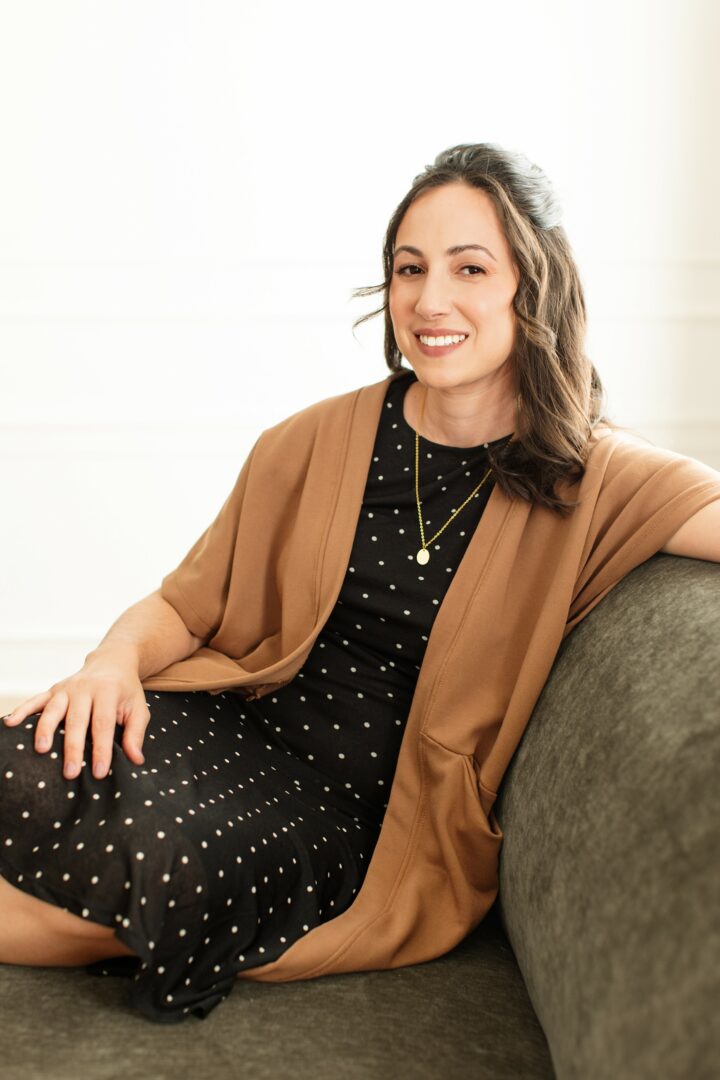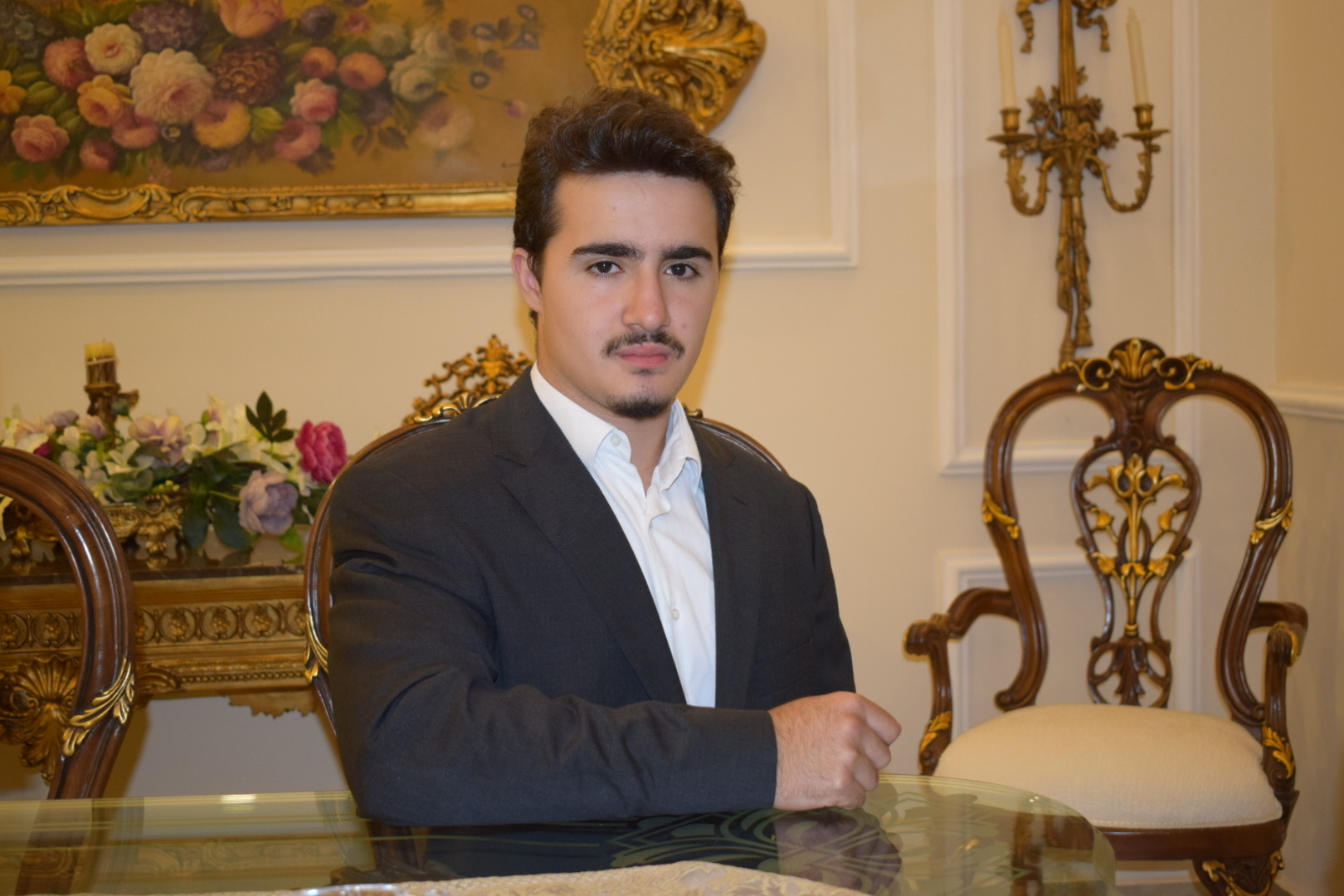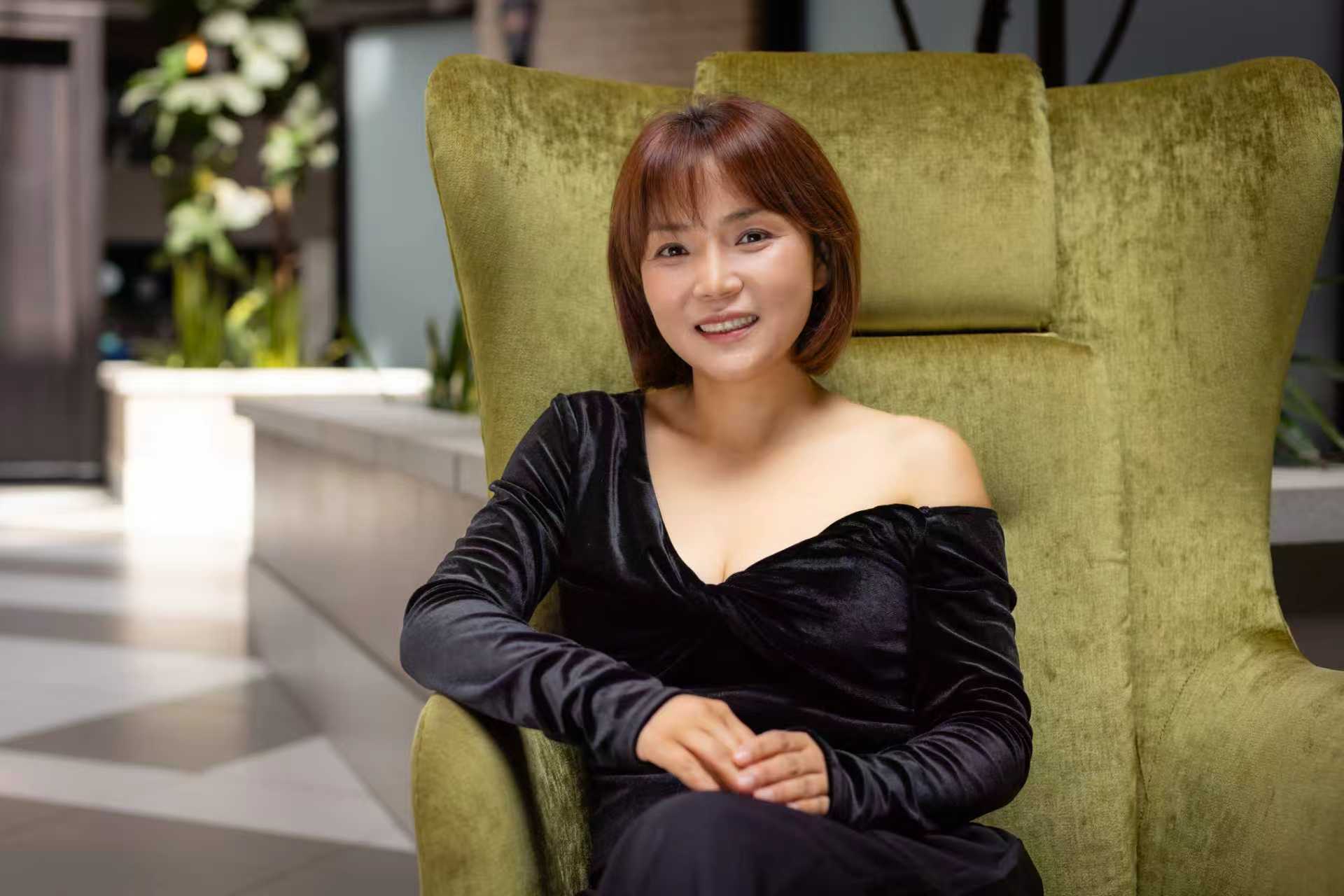We’re excited to introduce you to the always interesting and insightful Laurie Magee. We hope you’ll enjoy our conversation with Laurie below.
Laurie, so good to have you with us today. We’ve always been impressed with folks who have a very clear sense of purpose and so maybe we can jump right in and talk about how you found your purpose?
After nearly 14 years in transportation and logistics, I reached a point where I knew something needed to change, but I wasn’t sure what or how. Working with a coach became a turning point. Through strengths assessments and vision boards, I started uncovering how I was meant to serve people in a more conscious and intentional way. That realization lit a spark; it was the first time I truly saw that coaching might not just be something I benefited from, but something I was meant to do.
It didn’t happen overnight. It took time to make decisions, to take courses, to sit with the uncertainty of starting over. But that’s how transformation often begins – with a single “what if.” And from there, it’s been an incredible journey of self-discovery and growth.
Before diving into formal coaching coursework, I studied with a spiritual teacher who helped me slow down in ways I hadn’t in years. She guided me, and a community of others, to build a daily practice of turning inward with intention. That foundation shapes everything I do now in terms of how I aspire to begin and end my day, and how I prepare myself to be fully present with clients. Later, working with an intuitive coach deepened my understanding of healing and helped me integrate that awareness into how I support people on a much deeper level.
What I love about coaching is that it keeps me learning, growing, and healing right alongside my clients. Every session is both a mirror and a window – it reflects something back to me while opening a new perspective into someone else’s world. I often integrate what I learn from books, teachers, and podcasts into my practice so clients feel fully supported on multiple levels. Because of my own life experiences, compassion comes naturally; I understand what it feels like to want more alignment, meaning, and peace, and it’s a privilege to walk with others as they find that for themselves.
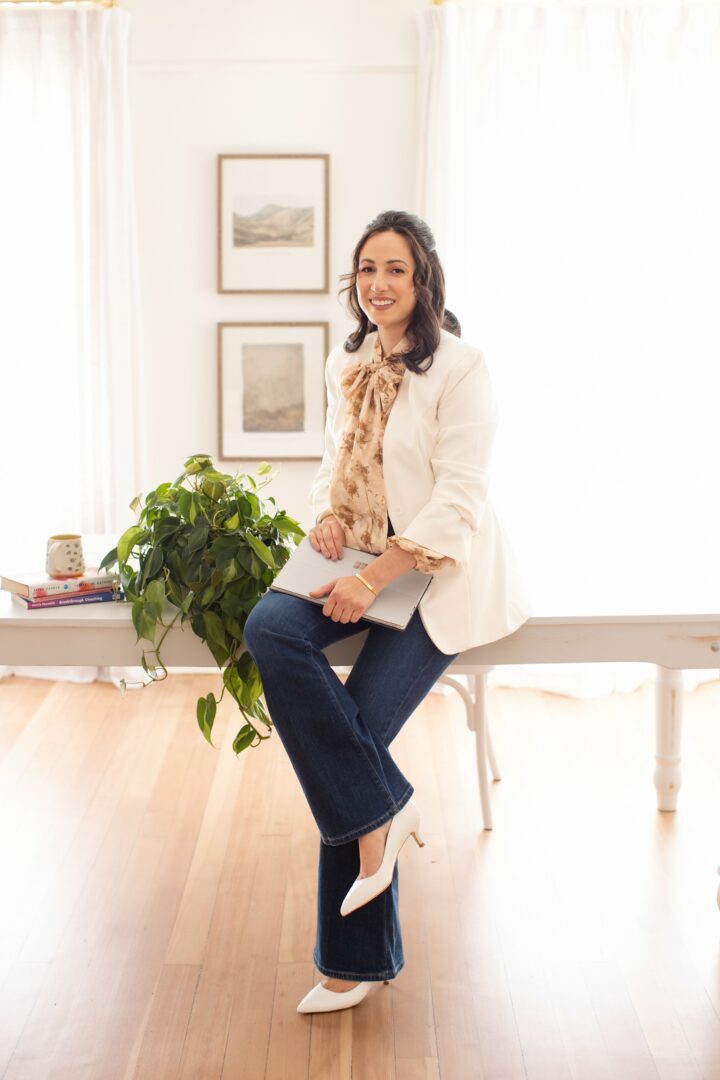
Appreciate the insights and wisdom. Before we dig deeper and ask you about the skills that matter and more, maybe you can tell our readers about yourself?
Recently, my work, and my own healing, has deepened through powerful techniques rooted in Bowen Family Systems Theory and the practice of differentiation. I’ve been especially drawn to how these approaches support individuals who’ve grown up in or are navigating antagonistic environments, or dynamics with individuals with specific personality traits. When I work with clients who feel stuck in their careers or lives, there’s often an underlying thread of past trauma resurfacing; i.e. patterns that need attention and compassion before true progress can unfold. Supporting clients in gently untangling those layers has become some of the most meaningful work I do.
In my coaching, I integrate a variety of tools and frameworks from Clifton Strengths and Values/Social Needs reflections to visioning practices. I also use intuitive frameworks and reflective practices that help clients tap into their own inner wisdom. Every client is different, and I tailor my approach to meet them exactly where they are. For example, one client wanted to refresh her LinkedIn presence while sharpening her project management and design skills, so I built a session that merged personal development with practical strategy. Because of my background in consulting and organizational strategy, I’m able to bridge that tactical side of growth with the deeper self-work that drives it.
Beyond my one-on-one work, I also partner with organizations to elevate team performance and collaboration through group coaching and facilitated development programs. These engagements often focus on helping teams communicate more effectively, navigate change with greater resilience, and enhance overall project performance by integrating coaching principles into everyday workflows. I love seeing how quickly culture can shift when individuals within an organization start leading themselves, and others, with greater awareness and accountability.
This past year has also been a beautiful blend of coaching and motherhood. My two young sons, ages five and three, keep me grounded and joyful, especially when it’s easy to get swept up in work. They’re a daily reminder of presence, play, and the importance of transitions; something I hold close both in my life and in my work with clients.
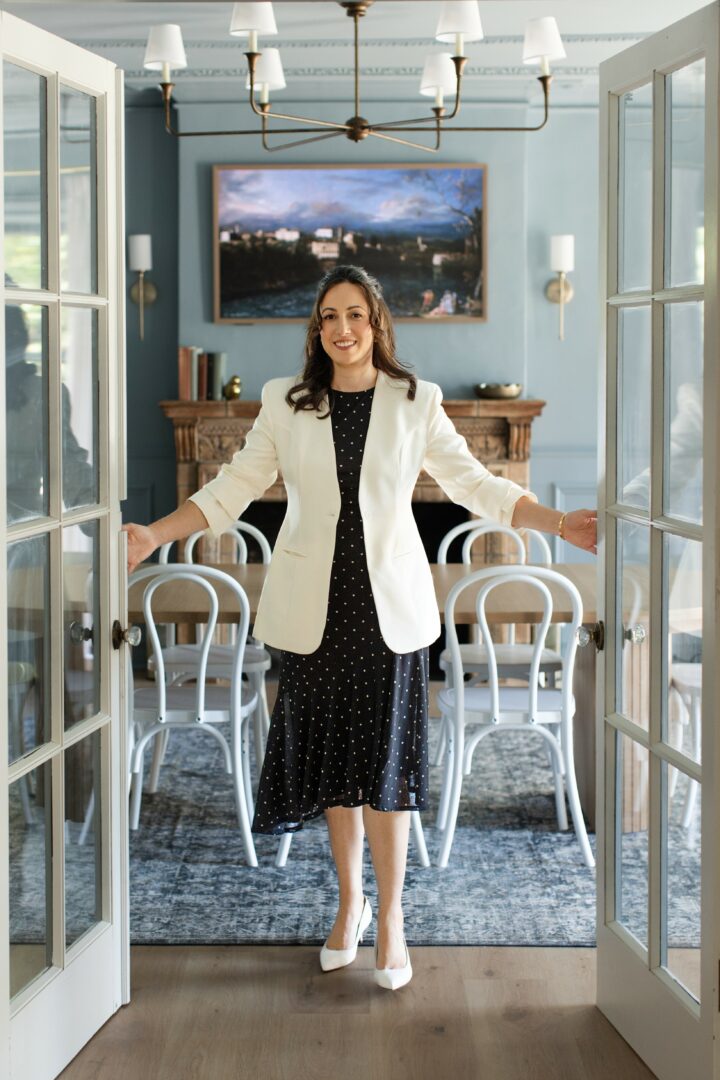
If you had to pick three qualities that are most important to develop, which three would you say matter most?
I believe listening to your inner voice, your intuition, your knowing, or whatever you choose to call it, is essential. There’s incredible power in trusting your ability to envision a more inspired version of your life. When I began leaning into that trust, honoring what I felt and who I knew myself to be, even when my environment suggested otherwise, I was able to release the patterns and circumstances that had a hold on me. That’s when things started to shift. I found relief, clarity, and the courage to move in the direction of my wildest dreams.
It’s also important to stay connected throughout your career. But sometimes that means having the courage to say no, to projects, roles, or relationships that don’t align, so you can say yes to what does. It also means intentionally surrounding yourself with people who are supportive, growth-oriented, and like-minded. Those are often the connections that expand your perspective and open the door to your next evolution.
And finally, take inspired action. If you have a dream, start where you are and take small, consistent steps in that direction. They add up faster than you think. Mistakes will happen, but so will breakthroughs, and those moments of progress, however small, are where real transformation begins.
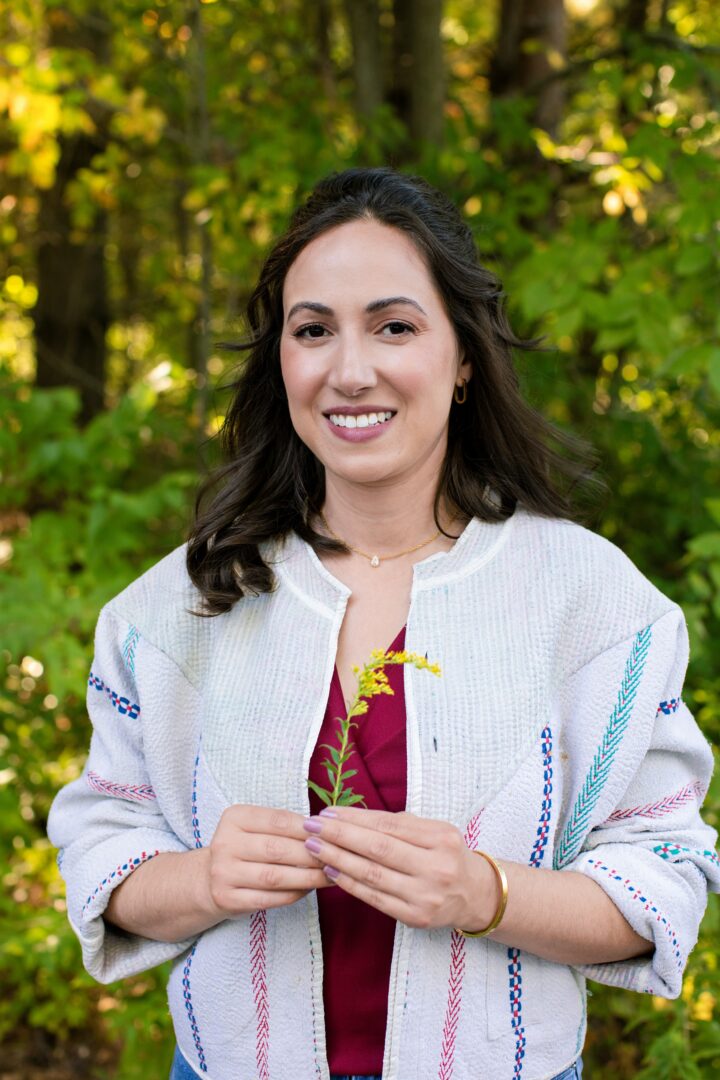
What would you advise – going all in on your strengths or investing on areas where you aren’t as strong to be more well-rounded?
When I was finishing high school, I remember feeling torn; i.e. should I pursue a liberal arts education or follow a more technical path in engineering? Ultimately, I chose engineering, but it was an area that required extra effort and perseverance on my part. Looking back now, after spending years in that field and later transitioning into coaching and career development, I see how important it is to lean into your natural strengths – the things that make your heart come alive – and to find ways to build a career around them whenever possible.
Whatever direction you choose, it’s so much easier to sustain your energy and truly thrive when your work aligns with both your strengths and your core motivations. Fulfillment and momentum tend to flow naturally when you’re operating from that space.
We’re also living in a time with more tools, technology, and collaboration platforms than ever before to help bridge skill gaps. That makes it easier to focus on what you do best and delegate, automate, or outsource the rest. In my experience, the most successful people aren’t trying to be great at everything – they’re focused on where they shine and intentionally build support around the areas that aren’t their strengths.
Contact Info:
- Website: https://lauriedmagee.com/
- Linkedin: https://www.linkedin.com/in/laurie-magee-aa50785/
- Twitter: @evolvewithlaurie

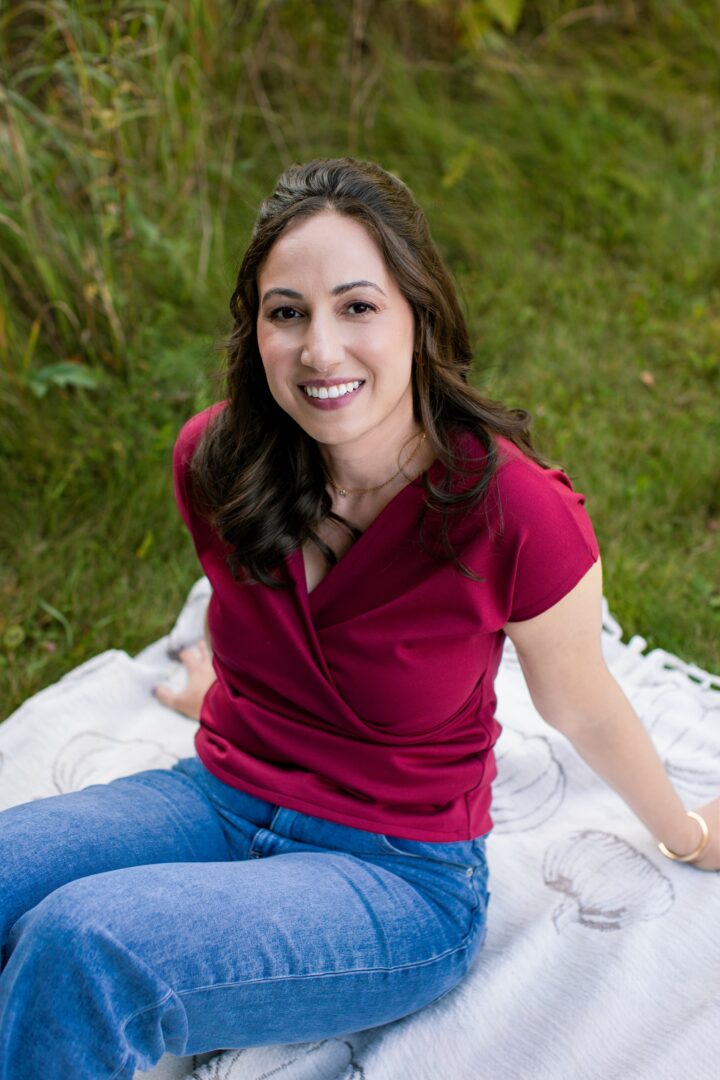
Image Credits
Photos by Lisa Kathan photography
@heylisakathan
so if you or someone you know deserves recognition please let us know here.

